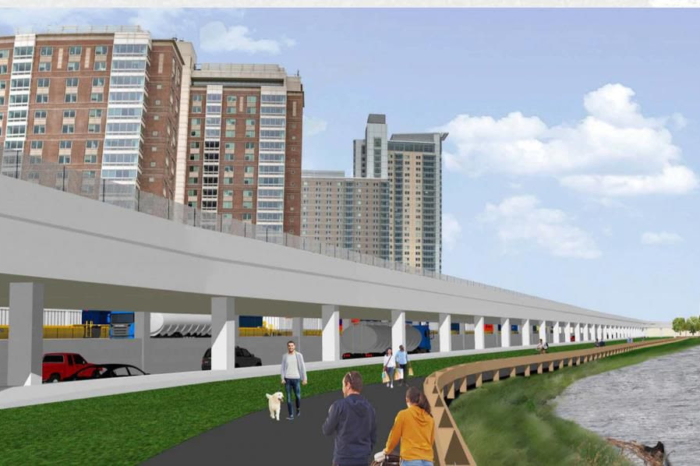The Mass. Pike is in for some massive disruption. Are we ready?
/0 Comments/in News, Oped: Transportation, Opeds /by Mary ConnaughtonThe Boston Globe
By Mary Connaughton and Jim Aloisi
May 31, 2019
Beginning this summer, commuters are in for longer rides as the Massachusetts Department of Transportation prepares to extend the Prudential tunnel under parts of Massachusetts Avenue and Boylston Street to make way for an air-rights real estate development.
Extending the tunnel involves upgrading and expanding ventilation systems — fans, controls and other electrical components — as well as installing piles and set beams to support a deck. These activities require Massachusetts Turnpike lane closures, both temporary and long-term, to create work areas. And with work areas come speed reductions to ensure worker safety over the estimated 16-month project.
The project will, inescapably, worsen traffic conditions on a stretch of highway already in crisis congestion conditions. This is bad news for MetroWest and Worcester-area commuters. And that’s just the beginning. Read more
Get Updates on Our Transportation Research
Related Posts

Study Finds Bus Rapid Transit Can Offer Cost-Effective Benefits

Study Raises Concern That Annual T Fare Evasion Costs Could Rise By More Than $30 Million Under AFC 2.0

Pioneer Applauds MassDOT for Allston Project All At-Grade Plan

Enduring the Maelstrom: Lessons from MassPort Leadership During 9/11

MBTA Ridership Trends Compared to Public Transportation Agencies Nationwide
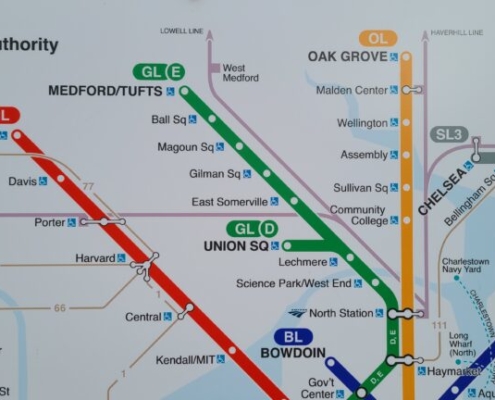
The Effects of the COVID 19 Pandemic on MBTA Light Rail Ridership
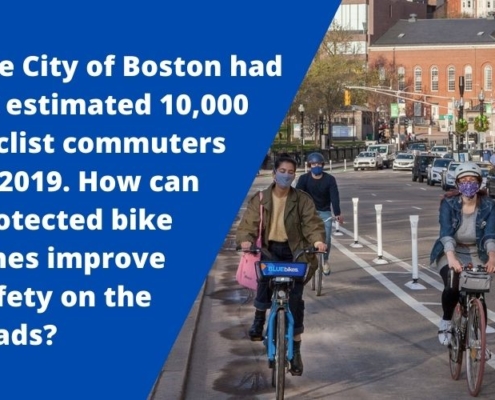
Urban Cyclist Fatalities: Improving the Safety of Our Commuters
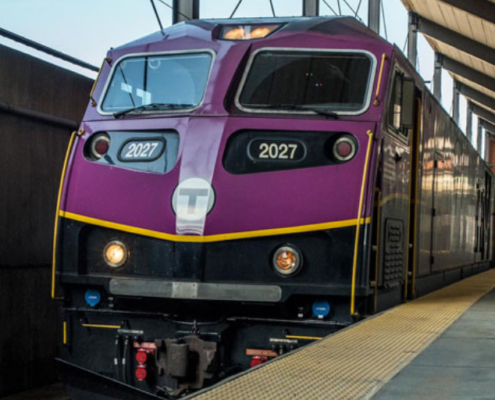
Open Letter: Extend the Term of the MBTA’s Fiscal and Management Control Board

Traffic Strikes Back: New Transportation Strategies for Post-Pandemic Prosperity
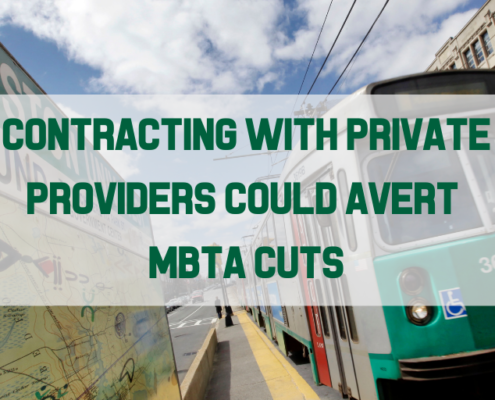
Contracting with private providers could avert MBTA cuts

Pioneer Institute Statement on MBTA Service Cuts
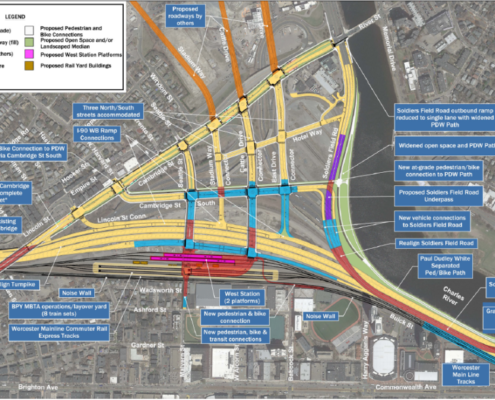
Public Comment on I-90 Allston Multimodal Project
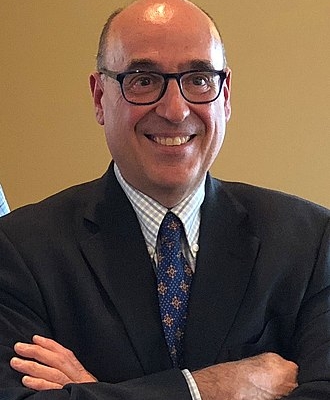
Clearing Boston’s Throat: What the I-90 Allston Project Portends for Metro West Commuters

During construction, the Allston Mass. Pike project must address commuters’ needs


